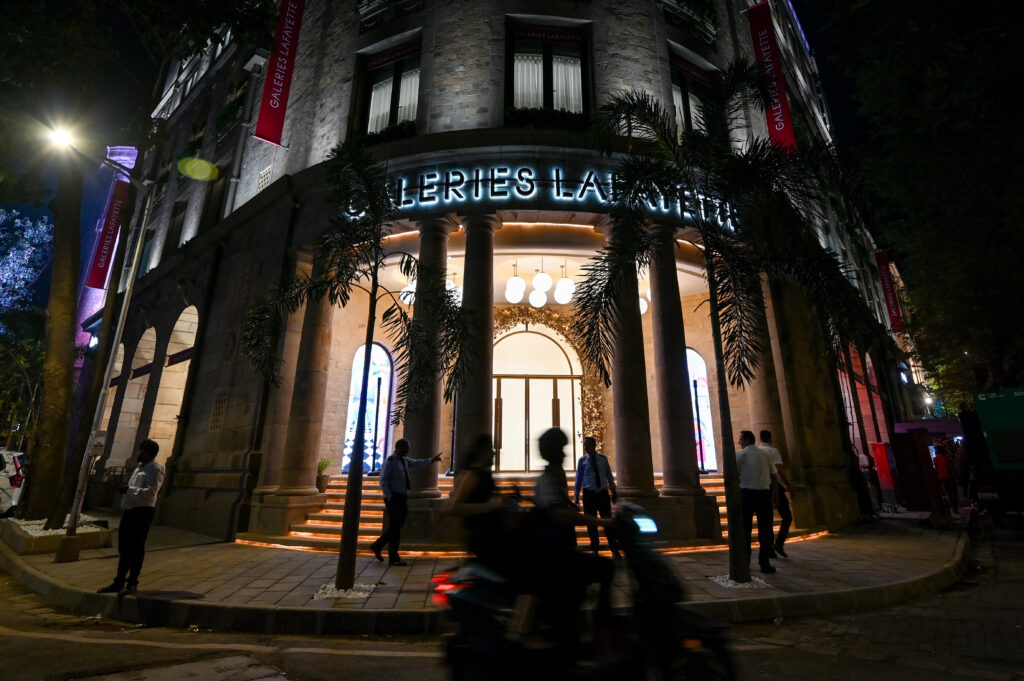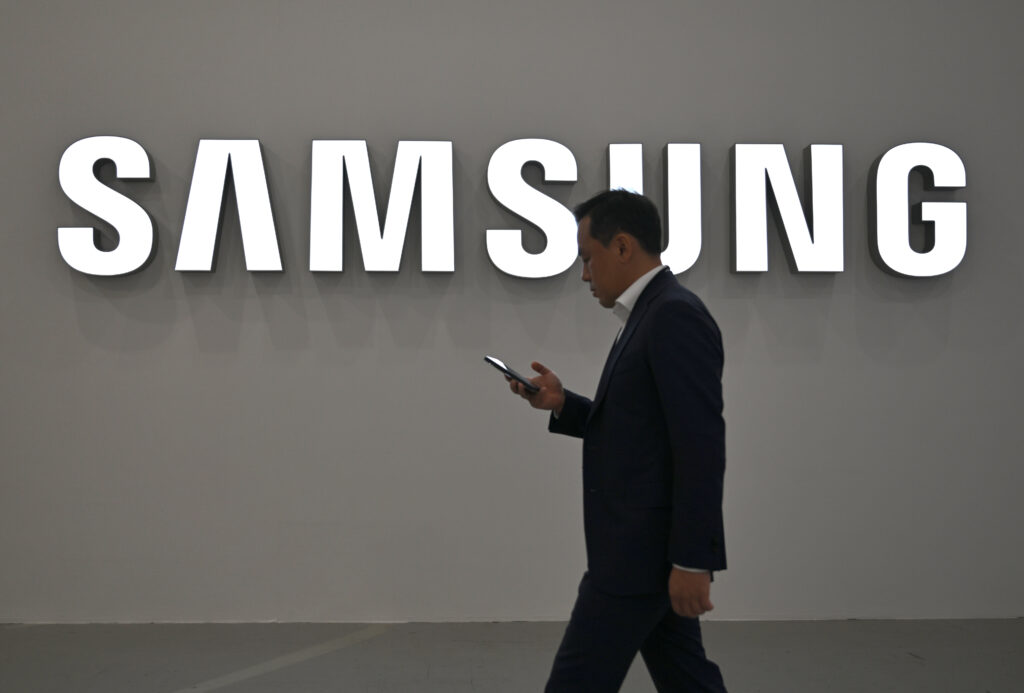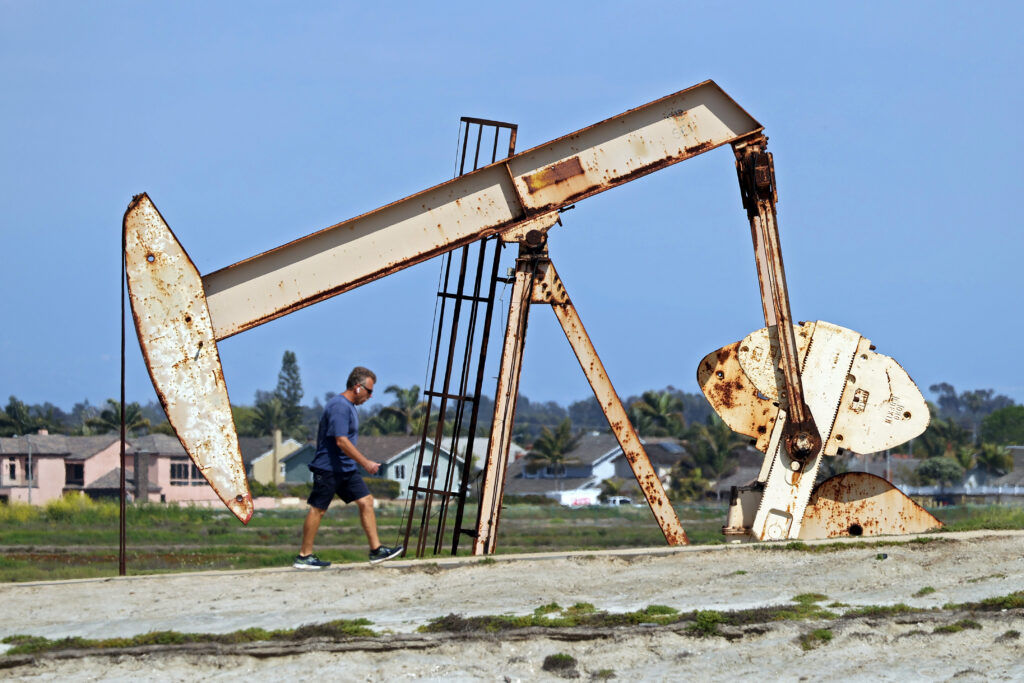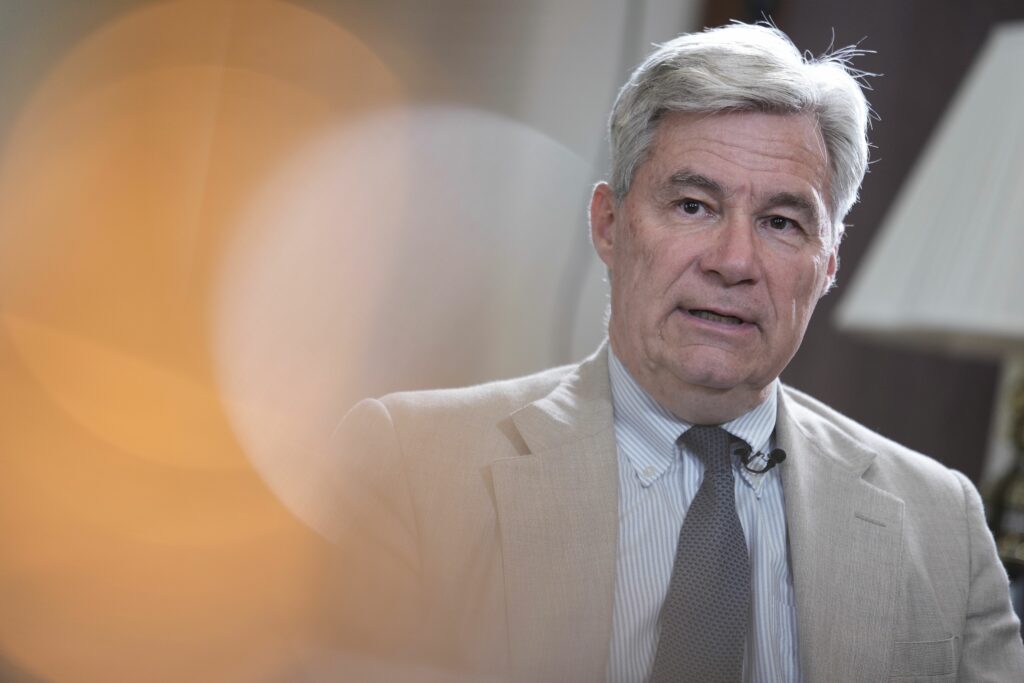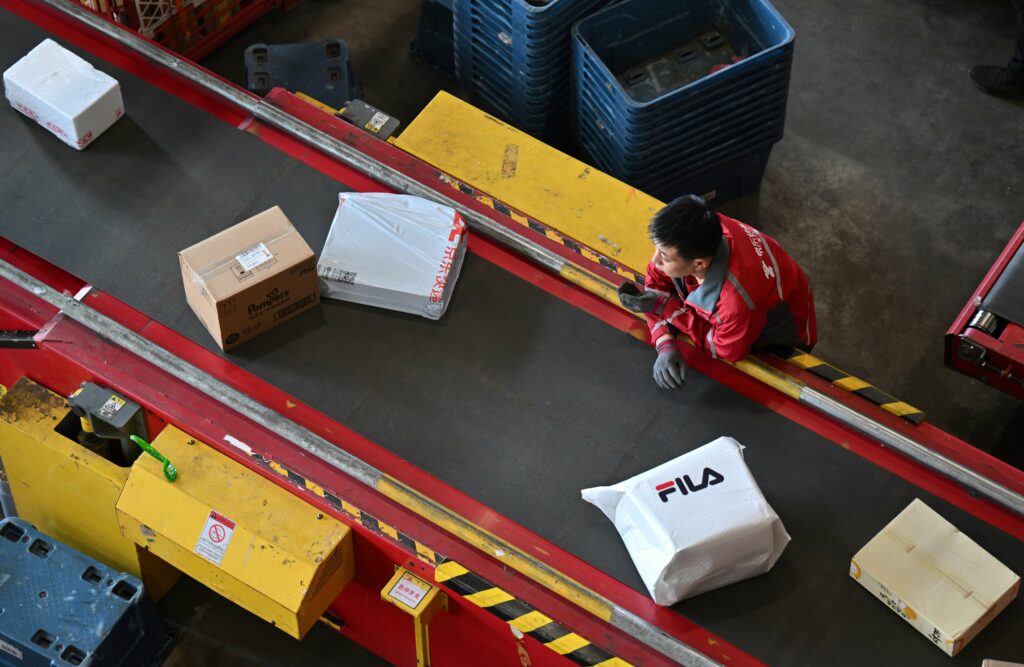Luxury houses eye India, but barriers remain
The globe’s biggest luxury brands have dreamt of India’s vast consumer base for decades, but navigating the market has proven to be a complex task.French retailer Galeries Lafayette is the latest to try its luck, opening its first Indian store on Sunday: a sprawling five-floor outlet in Mumbai, the country’s financial capital.Its splashy foray into the market is getting a local boost from the fashion arm of the Aditya Birla Group, a major Indian conglomerate.Luxury expert and Comite Colbert CEO Benedicte Epinay called the arrival of the French department store “an important step”.India, with 1.4 billion people, offers what Epinay called “a promising market, but still a complicated one”.Brands must not only overcome high customs duties, a cumbersome bureaucracy and infrastructure limitations, but must also compete with a robust domestic luxury market.Galeries Lafayette’s Mumbai store of 8,900 square metres (105,000 square feet) has some 280 luxury and designer brands spread across it, according to figures from the French retailer on Sunday.Almost all of the brands are foreign, which industry professionals warn is a bold gamble given the rich local clothing culture.Galeries Lafayette’s international development director, Philippe Pedone, said at Sunday’s launch more local brands would be added.Mumbai resident Sonal Ahuja, 39, told AFP: “I think a lot of brands like Louis Vuitton and Gucci and Dior have been doing a pretty good job at sort of weaving Indian design into their products.””But at the end of the day, if you want to buy something to wear to a wedding, you will buy (from Indian fashion designers) Sabyasachi or Tarun Tahiliani. Why would you want to buy something foreign that is trying to be Indian?” she said.- ‘Ticks all the boxes’ –India’s luxury market is still relatively small, but expanding rapidly. Valued at $11 billion in 2024, it is set to triple to $35 billion by 2030, said Estelle David, South Asia Director at Business France.India’s economy creates tens of thousands of new millionaire households each year.These consumers increasingly splurge on everything from Lamborghini cars to Louis Vuitton bags.”When a luxury house looks at a new country, it considers the number of wealthy people and the rise of a middle class,” Epinay said. “India ticks all the boxes.”The reality is more complex.French luxury giants contacted by AFP declined to comment. Their silence, analysts suggest, reflects a lack of positive things to say about a market widely considered difficult.”They have very little data to show they are making profits or generating a return on investment,” said Ashok Som, from France’s ESSEC Business School.In the early 2000s, the biggest fashion houses eyed India as their next growth engine after China. But the market remains tiny a quarter of a century later, Epinay said.According to Epinay, most brands have only one to three stores in India, compared with 100 to 400 in China.In her view, the only real similarity between the two giants is “the size of their populations”. India lacks China’s “social, linguistic and territorial homogeneity”, Epinay said.India still has limited numbers of premium malls, most of which do not match what customers find in the Middle East, Europe, the United States or China.”India is not at the same stage of development, so it’s very difficult to compare,” Business France’s David said.Galeries Lafayette executive chairman Nicolas Houze said the luxury giant plans to open a second store in Delhi by the end of the decade, with an initial revenue target of 20 million euros ($23 million).- ‘Adapt to the culture’ -High customs duties often push Indian consumers who can afford top end to take a $350 round trip to Dubai, where they can buy a French luxury handbag for up to 40 percent less than at home.Vishal Mathur, 46, an entrepreneur who works in his family’s business in Mumbai, told AFP “one is willing to pay for craftsmanship, for style, for the brand”.”But to say you should pay extra just to buy in India? No way.”India and the European Union have committed to finalising a free-trade agreement by the end of the year, which would bring “fresh air to the market”, Epinay said.And profiting in India will require creative thought.Although major foreign ready-to-wear brands have outlets in megacities such as New Delhi, Mumbai and tech-capital Bengaluru, Western fashion remains in the minority.Many men wear the traditional knee-length kurtas for special occasions, while flowing saris remain the most popular for women.Brands such as Louboutin, Dior, Chanel and Bulgari are already collaborating with designers, labels, Bollywood stars and local influencers to appeal to Indian consumers, market specialists say. “You have to adapt to the culture, to tastes and consumption habits,” David said.
